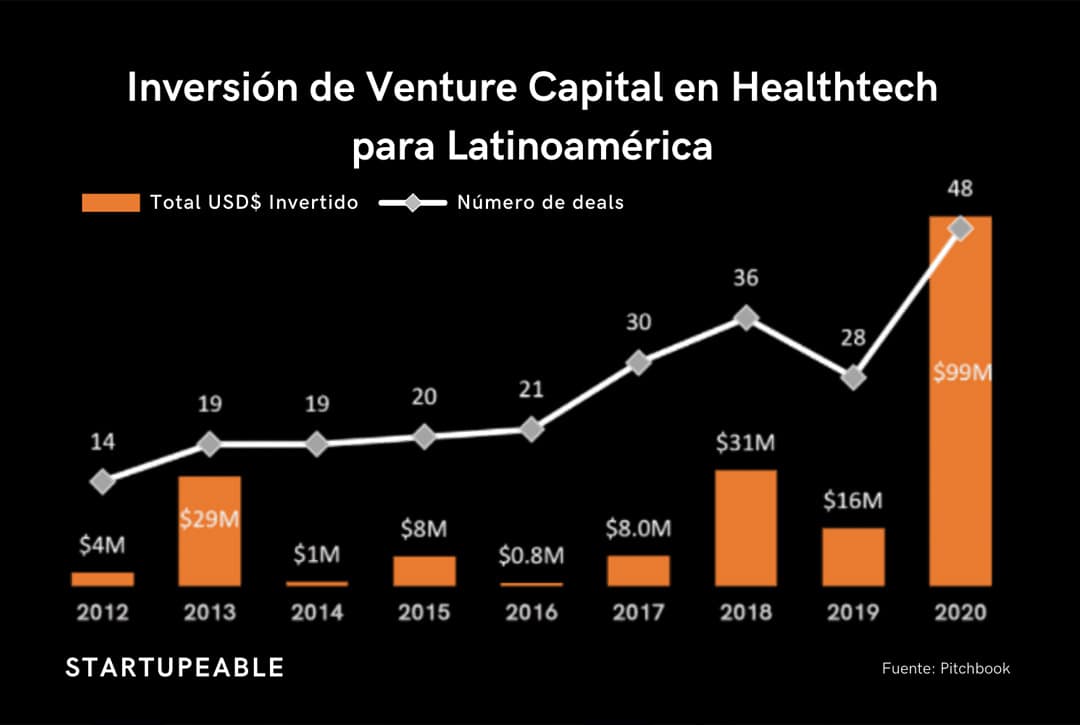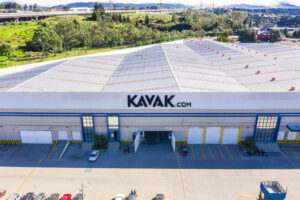
Por Ayax Bellido
October 17, 2023
The Chilean startup Vitaldoc introduced a revolutionary medical care system within pharmacies. This hybrid approach combines the physical presence of nursing technicians with the virtual assistance of a doctor. This integration allows patients, whether beneficiaries of Fonasa or Isapre, to receive a complete physical check-up, up to 15 online exams, prescriptions, exam orders, and medical licenses when necessary.
This hybrid health model addresses the pressing shortage of doctors in Chile, where the deficit exceeds 4,900 professionals and more than 25,000 people die annually waiting for specialized consultation. According to data from McKinsey and BUPA Chile, backed by figures from Minsal, the country has 16 doctors for every 10,000 inhabitants, whereas the WHO recommends about 23.
In a strategic partnership with healthtech Keirón, Vitaldoc has optimized and streamlined care processes. Keirón’s technology allows patients to schedule appointments, make payments, and fill out their medical history through a self-payment kiosk, enhancing efficiency and reducing wait times.
David Batikoff, founder of Vitaldoc, emphasizes that this strategic collaboration aims to replicate, in the virtual realm, the quality of a physical check-up done by an in-person doctor. The initiative seeks to eliminate long lines and waits, preventing the deterioration of patients’ health conditions due to delays in receiving medical attention. This innovative system facilitates access to reliable, high-quality, and proximate health care through advanced technology.
“Our care solution allows us to replicate the physical check-up that an in-person doctor can perform in the virtual world. And this strategic alliance with Keirón allows us to offer this care promptly and without waiting, preventing the formation of long lines, making people finally decide not to get care due to the wait, which can result in the worsening of a disease”.
On his part, Martín Cruz, CEO and co-founder of Keirón, expresses his enthusiasm to contribute to developing and expanding this avant-garde model. Keirón, also present in Mexico, currently provides services to many private clinics and public hospitals, facilitating various processes, from scheduling appointments to drug delivery.
“We are happy to enter a new area within the same health sector. For us, it’s an opportunity to be part of this innovative health model and contribute to its development and growth because we are sure that in the medium term, the positive impact it’s already having on the population will multiply throughout the country and will allow thousands of people to get timely care and thus prevent a disease from worsening or becoming incurable.”
Vitaldoc uses Tytocare technology as its base, a globally recognized platform authorized by the FDA. With clinics already operational in several pharmacies and a dedicated team of doctors, Vitaldoc has served over 200 people in the past month and projects significant expansion in the next two years, with plans to establish in 150 locations.
A recent report from the Inter-American Development Bank (IDB) projects that the digital health sector in Latin America could be worth up to USD $20 billion by 2024. This highlights the growing interest and investment in health startups in the area. In fact, according to Pitchbook, venture capital investment in the region reached USD $48 million in 2020.

The implementation of patient-centered technological solutions not only optimizes administrative processes but also ensures that more people receive timely and effective medical care, marking a solid step towards a more resilient and adaptive health future in Chile.

Por Yanin Alfaro
February 17, 2026

Por Israel Pantaleón
February 17, 2026

Por Stiven Cartagena
February 13, 2026